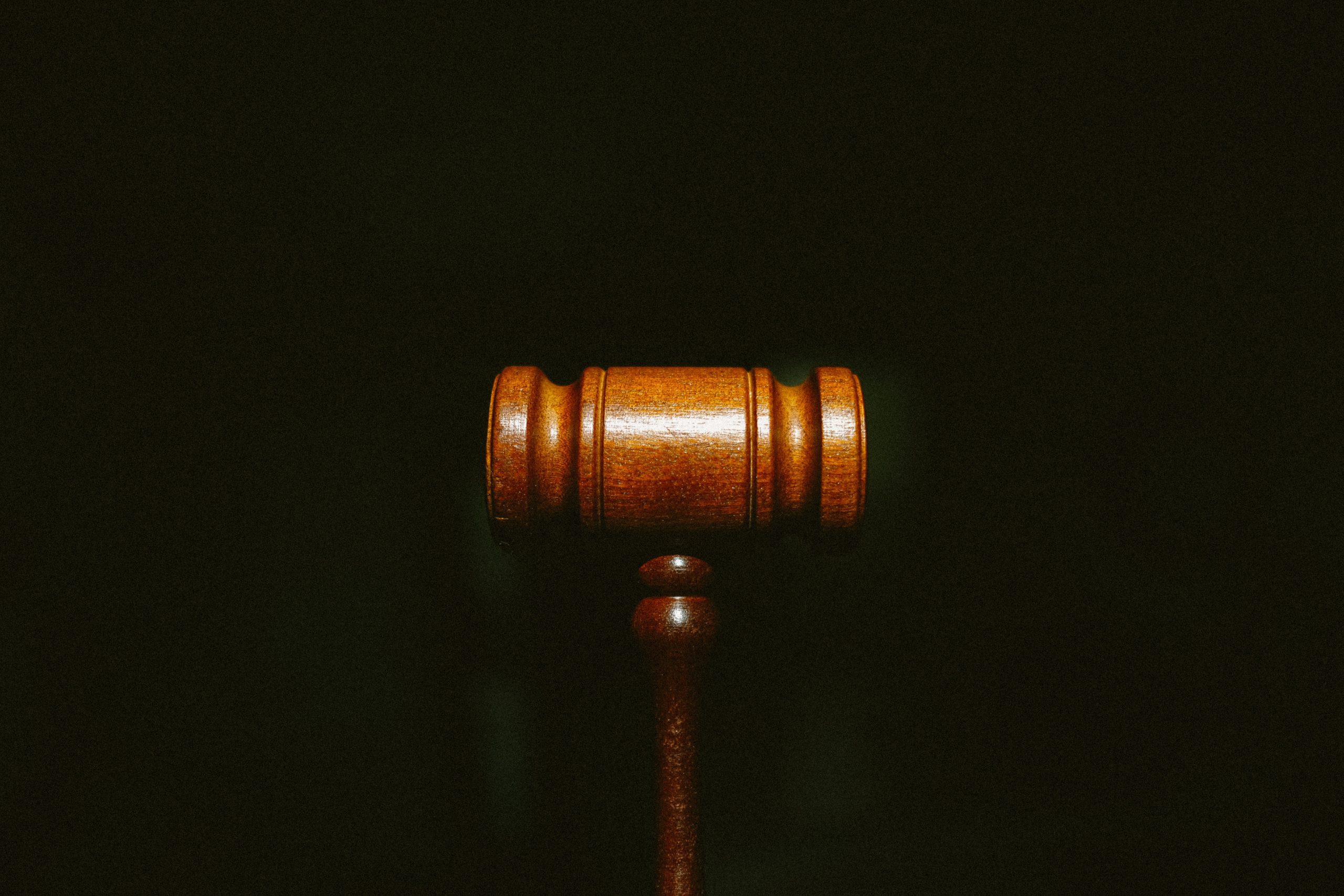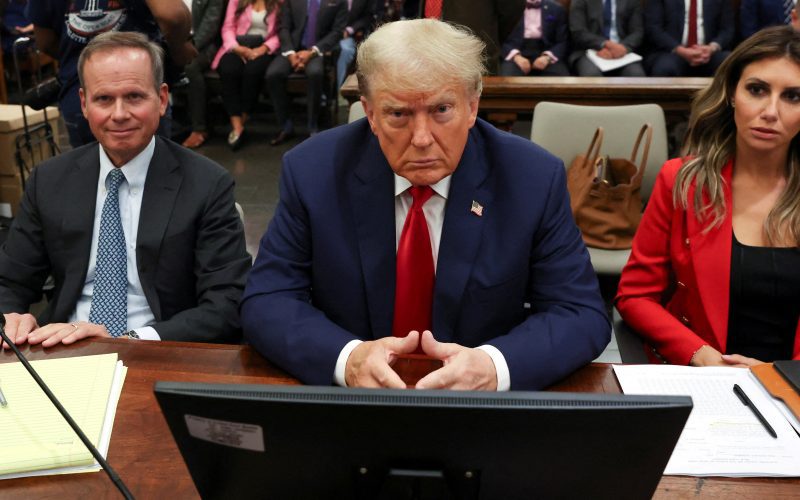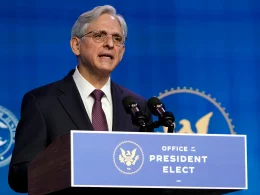Introduction
Meet Alex Mercer, a seasoned political analyst with over a decade of experience covering U.S. politics and law. His insights have been featured in numerous renowned publications. Today, he brings his expertise to dissect the recent ruling against Trump’s free speech defense.
Understanding the Case: Trump vs. Georgia
The case revolves around former President Donald Trump and his alleged attempts to influence the outcome of the 2020 Presidential Election in Georgia. The charges were brought forward after a phone call between Trump and Georgia’s Secretary of State, Brad Raffensperger, was leaked. In the call, Trump urged Raffensperger to “find” enough votes to overturn the election results in Georgia.
The Role of Free Speech in the Defense
Trump’s legal team argued that his comments during the phone call were protected under the First Amendment, which guarantees the right to free speech. They contended that Trump was merely expressing his personal beliefs and opinions about the election results, which is a right protected by the Constitution.
Why the Judge Rejected Trump’s Defense
However, the judge ruled that Trump’s actions went beyond the scope of protected speech. The judge stated that while the First Amendment protects free speech, it does not provide a blanket shield against actions that can undermine the democratic process. In this case, the judge found that Trump’s attempts to influence the election results could be seen as an attempt to undermine the democratic process.

Implications of Upholding Election Interference Charges
The decision to uphold the election interference charges against Trump has significant implications. It sets a precedent that even the highest office in the land is not immune to accountability for actions that threaten the integrity of the electoral process. This ruling sends a clear message that the principles of democracy and fair elections are paramount.
What Legal Professionals Say
Legal professionals have weighed in on the ruling, with many echoing the sentiment that the judge’s decision upholds the sanctity of the electoral process. They argue that this case serves as a reminder that no one, not even a former President, is above the law.
Public Reaction to the Ruling
The public reaction to the ruling has been mixed. While some applaud the decision as a victory for democracy, others view it as a politically motivated attack on a former President. Despite the differing opinions, the case has undoubtedly sparked a nationwide conversation about the boundaries of free speech and the importance of election integrity.
What This Means for Future Election Cases
This landmark case could potentially influence future election cases. It establishes a legal precedent that could be referenced in similar cases, potentially shaping the way election interference allegations are handled in the future.
In conclusion, the case of “Trump vs. Georgia” serves as a stark reminder of the delicate balance between free speech and the integrity of our democratic processes. As we move forward, it will be interesting to see how this case influences future legal battles in the realm of election law. Stay tuned for more insightful analysis from our expert, Alex Mercer.












